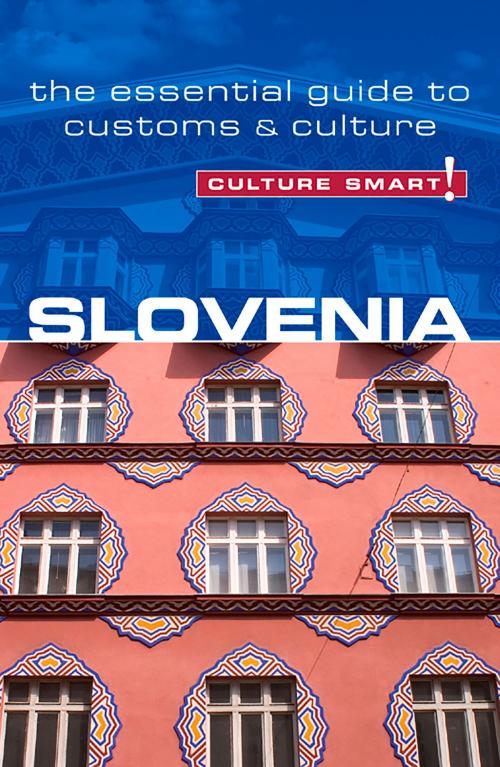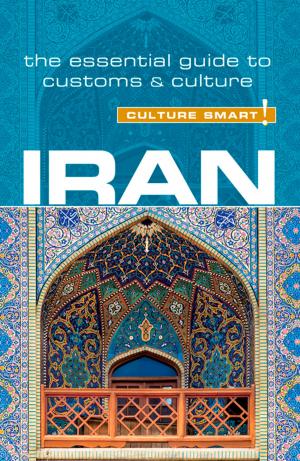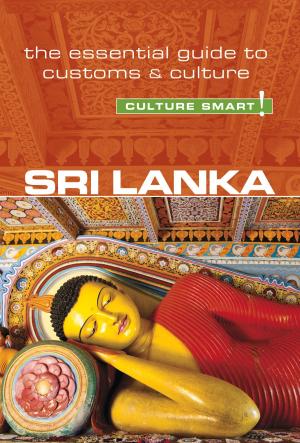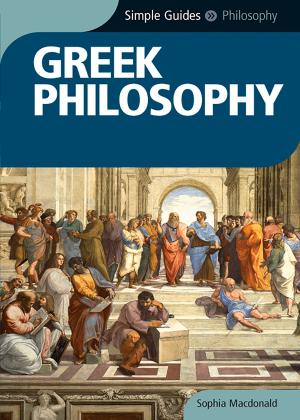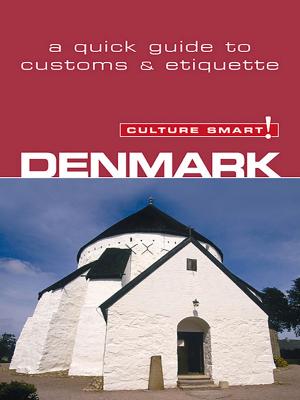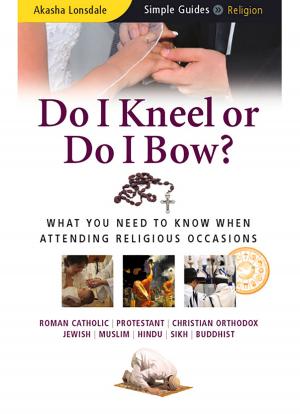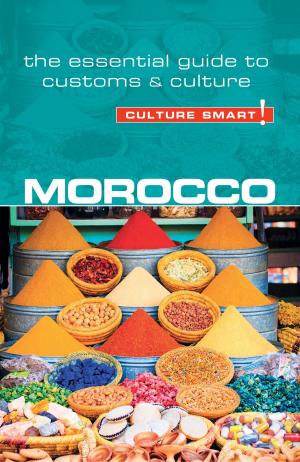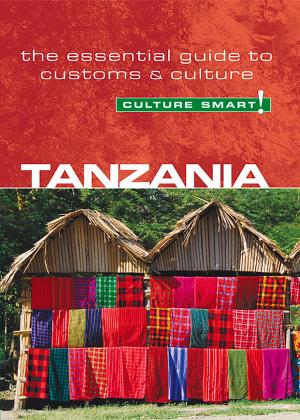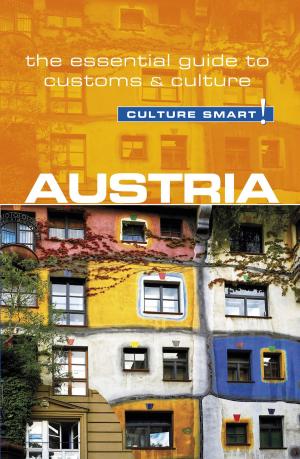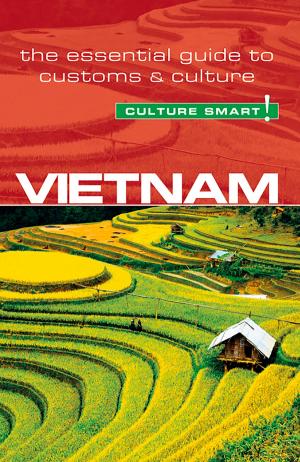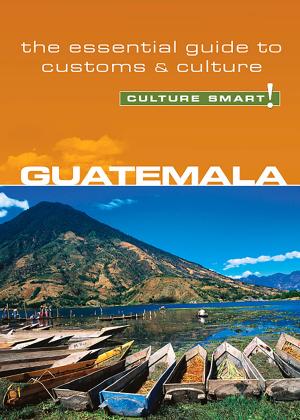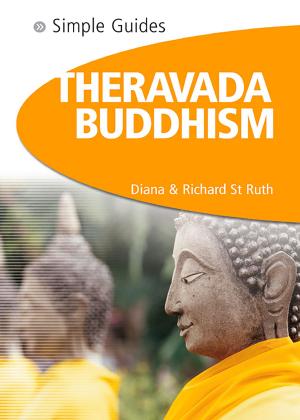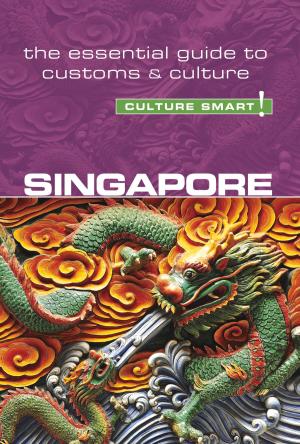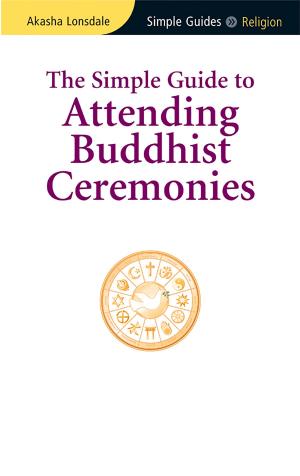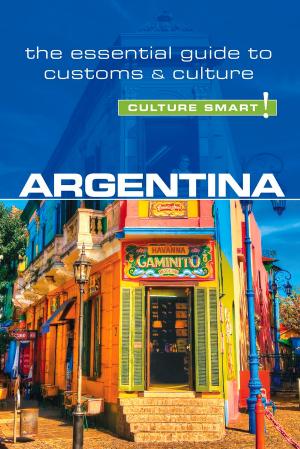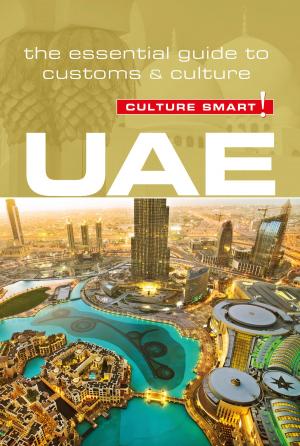Slovenia - Culture Smart!
The Essential Guide to Customs & Culture
Nonfiction, Travel, Europe, Eastern Europe| Author: | Jason Blake, Culture Smart! | ISBN: | 9781857336016 |
| Publisher: | Kuperard | Publication: | September 1, 2011 |
| Imprint: | Kuperard | Language: | English |
| Author: | Jason Blake, Culture Smart! |
| ISBN: | 9781857336016 |
| Publisher: | Kuperard |
| Publication: | September 1, 2011 |
| Imprint: | Kuperard |
| Language: | English |
Slovenia seems closer to Austria or Italy than to its Balkan neighbors. The richest of the Slavic nation-states, it has an entirely Western tradition, having belonged in the past to the Roman Empire, the Frankish kingdom, the Holy Roman Empire, the Republic of Venice, the Habsburg monarchy, and the First French Empire. After the Second World War it became part of the Republic of Yugoslavia, before declaring independence in 1991. This extraordinary cultural legacy is what sets Slovenia apart, matched by an amazingly varied topography packed into a small area. Traveling toward the coast, you see changes in the landscape and in the architecture. This reflects both the natural and the historical variety: the Venetians built their buildings one way, the Austrians another. Slovenia's natural beauty is astonishing. Legend relates that when God was allotting nature's bounty, he forgot Slovenia. His last-minute solution was to take bits of the best from other places: gorgeous Alpine ranges, the less craggy Pohorje mountains, the Pannonian plain stretching toward Hungary, hill after hill rolling southward into the horizon, the unique karst landscape, rivers aplenty, and a few miles of Adriatic coastline. Never having had a glorious unified kingdom in the past, Slovenians identify themselves not by blood or history but by their language, which differs from the other languages of the ex-Yugoslavia. The older generation is fluent in Serbo-Croatian, which helps for politics and trade, but has little of its historical baggage, and the country has geo-political importance as a politically stable stepping stone to the Balkans. As far as nationhood goes, Slovenia's golden age is now. There is a sense of change in the country—mostly for the better, and not the dull stampede toward materialism that one sees in some other former Eastern bloc countries. As a tourist destination Slovenia has it all, from medieval ruined monasteries to whitewater rafting. The people of this lovely land are genuinely glad that others are "discovering" their country. There are no real language problems; the younger people all speak English. Moreover, membership of the EU means that this is a country in transition. Culture Smart! Slovenia will introduce you to the inner world of this moderate, orderly, and conservative people who have emerged into the post-Communist world hungry for change.
Slovenia seems closer to Austria or Italy than to its Balkan neighbors. The richest of the Slavic nation-states, it has an entirely Western tradition, having belonged in the past to the Roman Empire, the Frankish kingdom, the Holy Roman Empire, the Republic of Venice, the Habsburg monarchy, and the First French Empire. After the Second World War it became part of the Republic of Yugoslavia, before declaring independence in 1991. This extraordinary cultural legacy is what sets Slovenia apart, matched by an amazingly varied topography packed into a small area. Traveling toward the coast, you see changes in the landscape and in the architecture. This reflects both the natural and the historical variety: the Venetians built their buildings one way, the Austrians another. Slovenia's natural beauty is astonishing. Legend relates that when God was allotting nature's bounty, he forgot Slovenia. His last-minute solution was to take bits of the best from other places: gorgeous Alpine ranges, the less craggy Pohorje mountains, the Pannonian plain stretching toward Hungary, hill after hill rolling southward into the horizon, the unique karst landscape, rivers aplenty, and a few miles of Adriatic coastline. Never having had a glorious unified kingdom in the past, Slovenians identify themselves not by blood or history but by their language, which differs from the other languages of the ex-Yugoslavia. The older generation is fluent in Serbo-Croatian, which helps for politics and trade, but has little of its historical baggage, and the country has geo-political importance as a politically stable stepping stone to the Balkans. As far as nationhood goes, Slovenia's golden age is now. There is a sense of change in the country—mostly for the better, and not the dull stampede toward materialism that one sees in some other former Eastern bloc countries. As a tourist destination Slovenia has it all, from medieval ruined monasteries to whitewater rafting. The people of this lovely land are genuinely glad that others are "discovering" their country. There are no real language problems; the younger people all speak English. Moreover, membership of the EU means that this is a country in transition. Culture Smart! Slovenia will introduce you to the inner world of this moderate, orderly, and conservative people who have emerged into the post-Communist world hungry for change.
